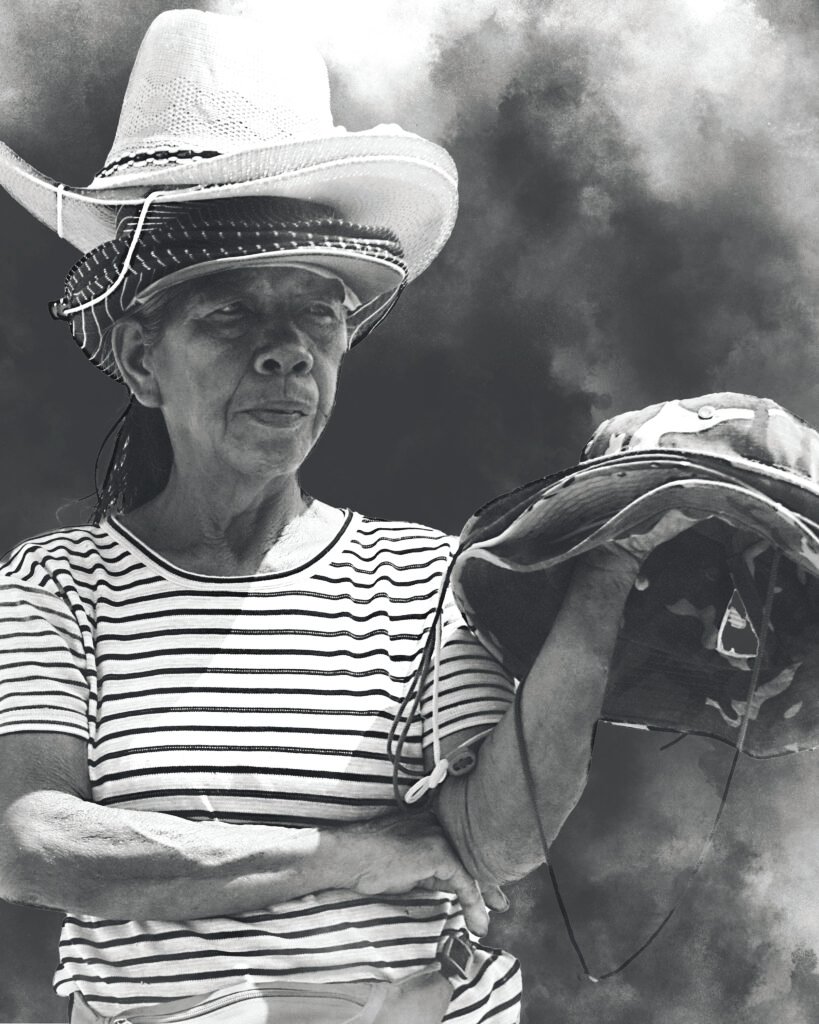
Street vendors play a significant role in the Philippines’ informal economy, providing a wide range of goods and services to residents and visitors alike. Philippine street vendors offer a diverse array of goods and services, ranging from food and drinks to clothing, hats, accessories, household items, and electronics. Street vending is a form of informal employment in the Philippines, with vendors often operating without formal licenses or permits. While some vendors may operate in designated areas or markets, many set up their stalls or carts on sidewalks, street corners, and public spaces.
Street vendors in the Philippines face various challenges, including competition from other vendors, regulatory issues, harassment from authorities, and vulnerability to weather conditions and economic downturns. Lack of access to social protections, healthcare, and financial services can also pose challenges for vendors. Despite the challenges they face, Philippine street vendors demonstrate resilience, adaptability, and creativity in navigating the informal economy and sustaining their businesses. Many vendors form tight-knit communities and support networks, sharing resources and information to overcome obstacles and thrive in their endeavors.